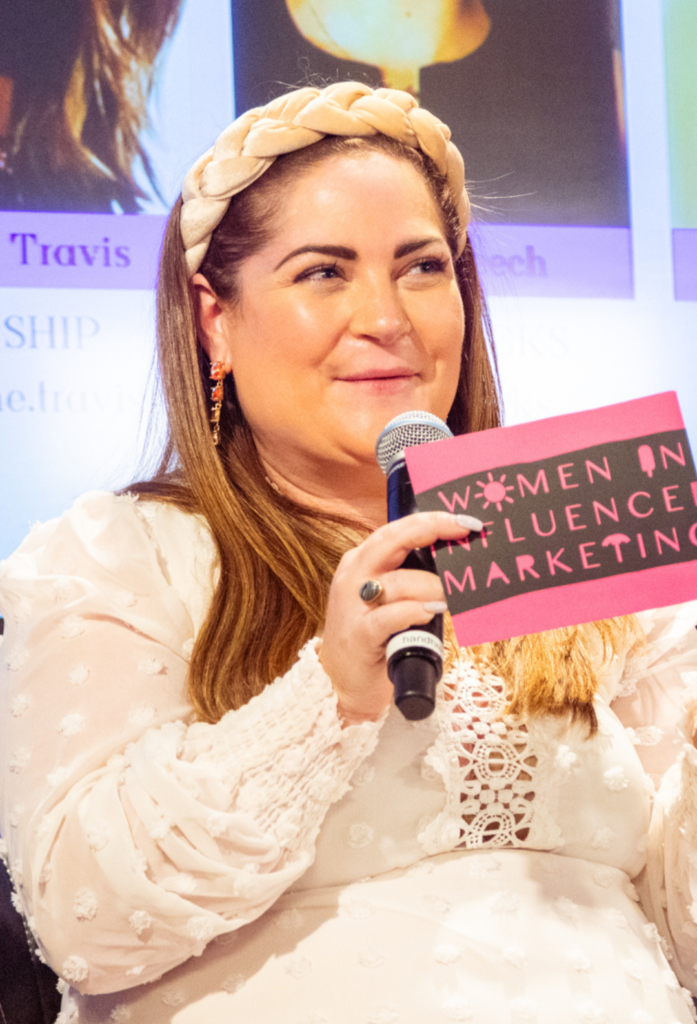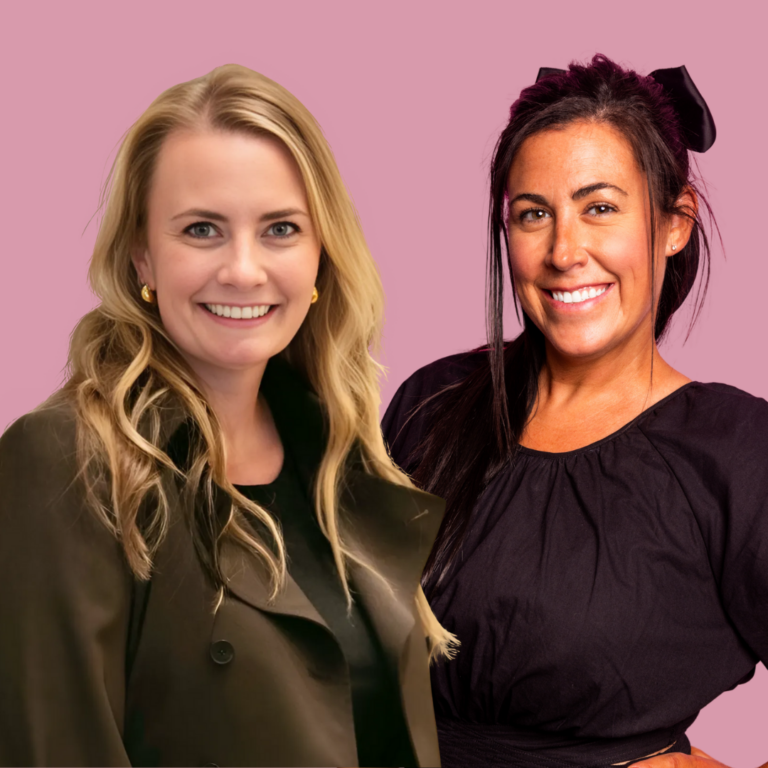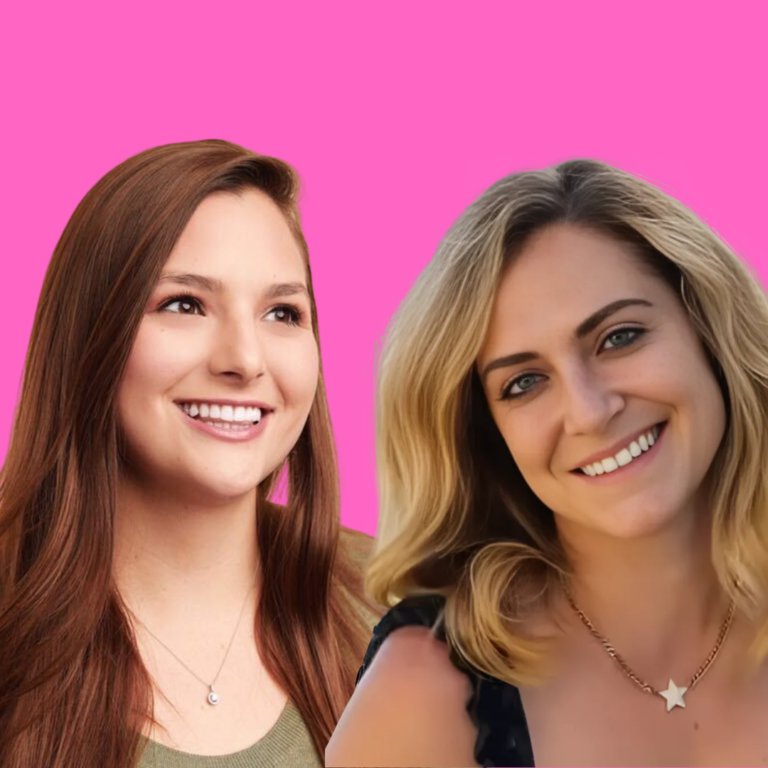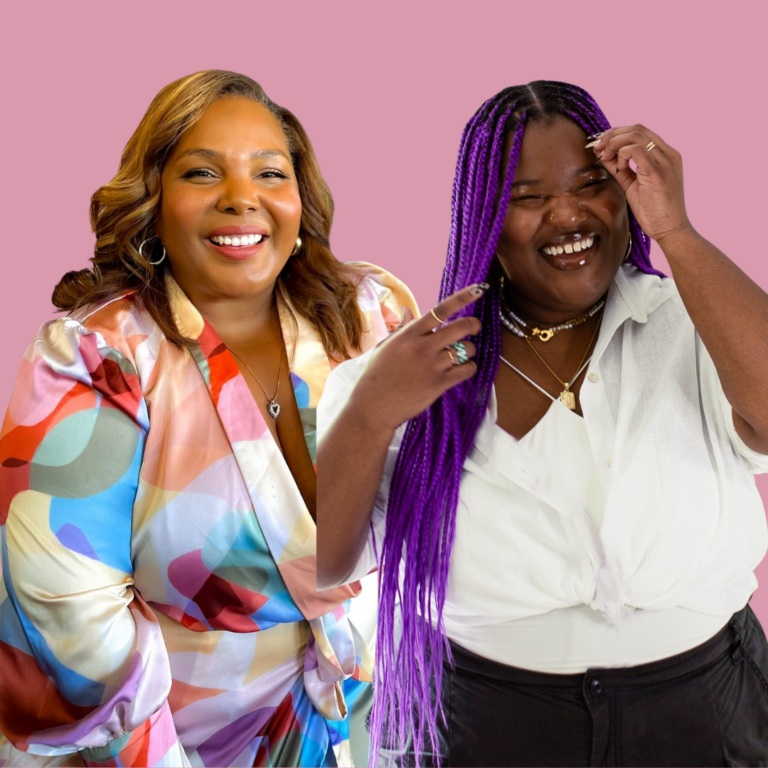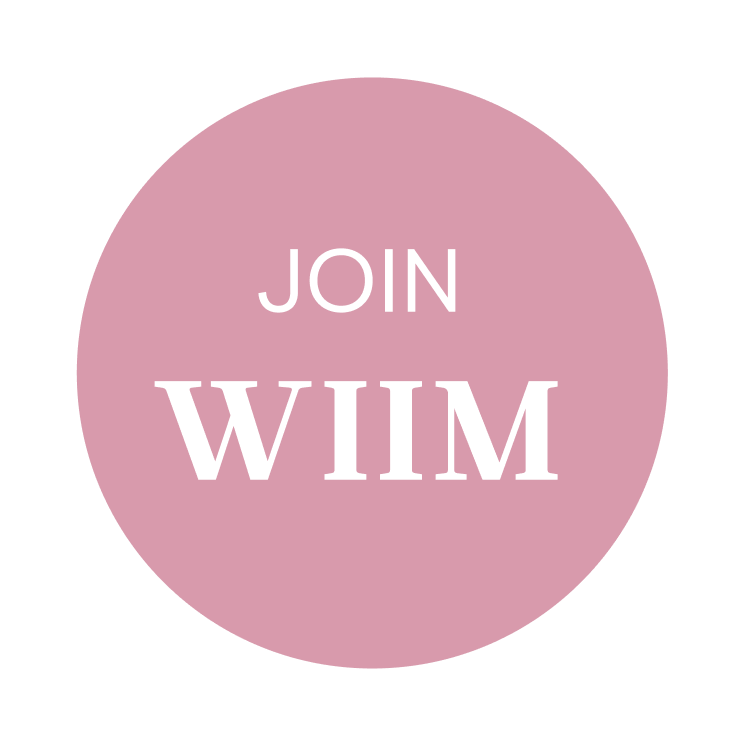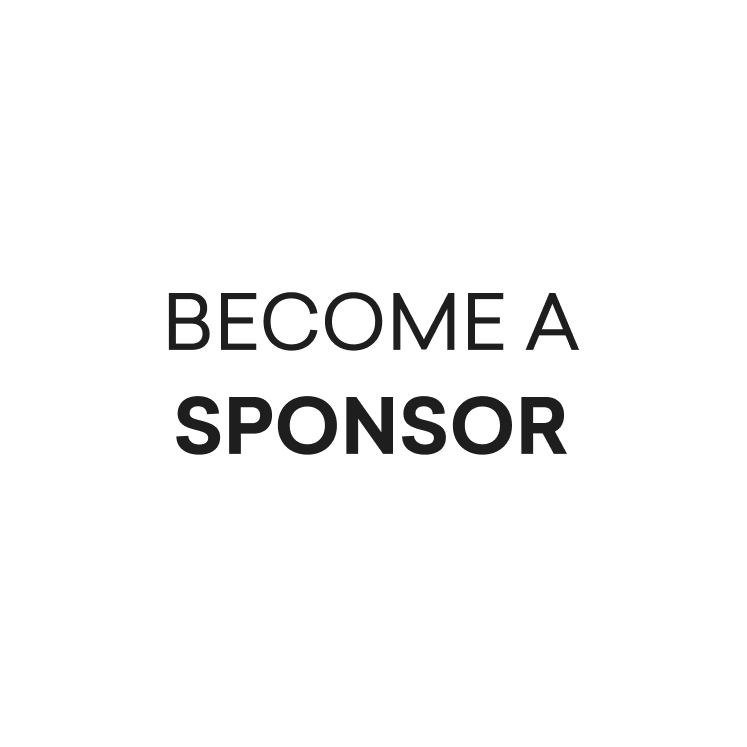My career has skyrocketed once I began to prioritize my brand and my thoughts. Not like a brand and like a traditional sense of like an influencer by any means, but I think of it more as I’m positioning myself as a thought leader. I’m prioritizing my thoughts and my ideas and getting them out there through this podcast, through social, and through speaking, and I want to see you guys do that as well.
Hello, everyone. Welcome to the party. This is the Women in Influencer Marketing Podcast. So many of you tune in week after week. So I appreciate you guys so much. And for anyone new, big. Giant, warm, welcome. I hope you subscribe to this podcast. I hope you follow us no matter what platform you’re on.
I hope that you come back. This week is going to be another solo episode. I’m committed to you guys to bringing you more solo episodes through the end of the year. Of course, we have some interviews lined up, but I have fun with these solo episodes and I hope you do too. They’re also more or less like short and sweet.
Just some, like, recent thoughts that I wanted to share with you guys. So every Wednesday on our Instagram for the past few weeks, we’ve been hosting these AMAs, these Ask Me Anythings. And honestly, I feel so vulnerable doing that because there have been weeks where it’s like hours go by and there’ll be no questions that come in.
And I’m like, okay, this is a piece of humble pie right here. Most of the time, something comes in, but like, sometimes it’s crickets and it’s like, oh, it feels a little embarrassing. I’m not going to lie. This week though, we got in some cool questions, and one of them in particular I thought would make an interesting topic for today’s Q&A.
episode. The question was, do I get nervous still when I go on stage and and do these like keynotes or moderate panels or when I’m on a panel? So the short answer was no. And I feel like that’s not very helpful because I feel like You know, one of the biggest fears of all the fears of all the people is stage fright and getting on stage and being in front of a large group of people and speaking.
So I know that I’m in the minority, so I don’t think that’s a helpful answer. But what I want to share is one, context on that. And B. Bigger picture, I think it may be more important is some advice on how you can get on stages as well It looks like my dream scenario is that I’m incredibly successful but that my friends are as well and that we’re all at the top cheering each other and happy together like it Success is so much more fulfilling when you have people to celebrate that with.
So that’s why I want to share some of these things with you guys. I don’t want to like to be proprietary about this stuff. I like, that I’m committed to giving our members speaking opportunities wherever possible. I just pitched about eight of you guys for a conference in January. So if you’re a member and you’re in that.
Slack group. You better keep an eye out on the Wim Announcements channel in Slack because I do think some people miss it occasionally. And we just announced that you know, Hey, are you interested in going to, um, this concert or this concert? If you’re, are you interested in going to this conference? And if so, are you interested in speaking?
And if so, send me a bio as a headshot. So anyways, I just sent a bunch over, but I want to provide more context on like how to get these opportunities. on your own, how to build up a repertoire of sorts, and also how to feel more comfortable. So we’re going to get into all of that today and let’s get into it.
This show is sponsored by Women in Influencer Marketing, better known as WHIM, the best online community for the creator economy. You will meet fellow influencer marketers, you’ll meet brands, you’ll meet talent agencies to talk shop, get hired, and even find a mentor. When you become a member, do not forget to check out all of our incredible resources.
For example, we have Dozens of masterclasses from the top voices at TikTok, YouTube, award-winning agencies, and women who are paving the way for us all. So if you want the chance to network with a free student in films or marketing, check out what it takes to become a member, make more money, and have fun doing it.
Visit me at wim.com/join. That’s I-A-M-W-I im.com/join today and I look forward to seeing you more around the community. Alright, so I wanna level set with you guys. Part of the reason why I am more comfortable, pretty, and very comfortable on stage is because I like training to be that way. It’s not like I woke up one day and I was just like.
You know, this is easy. Not at all. Like, so I was a theater major in middle school, in high school, and even in college. And so I bring that up to just say like, this didn’t come from nowhere. This was like years and years and years. My entire upbringing was like on stage later. I like transitioning to do behind-the-scenes stuff as a director, but I like it.
I don’t know. I’m very comfortable on stage. Like, I can go to anyone’s wedding and make a funny speech and, like, that’s my zone. I feel very, very comfortable doing that. But most people didn’t have that training. So how do you then get comfortable being uncomfortable being on a stage in front of all these people and if there’s lights and sometimes it’s hot and how to work the microphone and how to, you know, how to just be.
Good with that, honestly, so here’s how I’ll equate it, being on camera for me, that’s my equivalent of being uncomfortable on stage. It has taken me, I would say a solid year and a half of con I’m consistently pushing myself to record even these podcasts on camera, to record an occasional reel, to just like be on video and like look at my face and just get better at it, get more comfortable with it.
Like that’s my equivalent because I wasn’t a film major, I was a theater major, so I can get up on a stage and be comfortable, but like get me in front of a camera and I’m actually. Yeah. Yeah. I feel super awkward and very uncomfortable. The advice that I would give you guys, is you just, do it, you do it, you face your fear, you make a schedule and that repetitiveness is actually what will make it more comfortable.
I’m on this journey of getting more comfortable. On camera and video and stuff and I can’t say that I’m completely there yet and it’s been at least a year and a half that I’ve been consistently forcing myself to do this, but has it gotten easier? Yes. Has it gotten more comfortable? Yes. And like what changed?
It’s just practice. Like it’s nothing, there’s no secret sauce, like there’s no silver bullet that or trick, you know, that I can tell you to get comfortable. The way that I did it is just being regimented about it and forcing myself to be a little bit uncomfortable and you just, you practice. It’s like anything in life, you practice and you get better.
So that’s one thing that I would suggest. As for me, it’s a little, It’s easy to do that because I just sit in front of my computer and I can record these things and have to freak stare at my face, but like I get over it, but I get to do it often. Right. So like, how do you speak in front of people?
Like, how do you do that? That’s a little bit harder to recreate and to do regularly. I would honestly find somebody in your life who is going through the same thing and I would take turns. doing, you know, like pick a topic and say like, all right, today we’re going to talk about dogs. And so you like to get up in front of the room and you have an audience of one, your friend who is going through the same thing.
And they give you a topic and you just riff on it for like, they’ll time you maybe five minutes, maybe stretch it to six, seven, like the long time to talk. So maybe start at like one or two, but you know, like. Get a buddy. I just think that like an accountability partner is a really powerful thing. And I love the idea of women supporting each other and pushing each other to make each other better.
So if you can find somebody who’s also going through the same thing, just ask them and be like, would you like, what do you think of this? Like, what if we just like once a week? you know, got together and, you know, just a few minutes where like I would get up in front of you and I would go, you pick a topic, I talk about it, you tie me and then you do the same thing and like every week we stretch it out by 30 more seconds.
What do you think? You would probably find that like, you know, they’d probably say yes, they’d probably be nervous, just like you, but you guys help each other. And I love that idea. So that’s how you get a little bit more comfortable with it. You know, another way to do it, of course, is I would, you know, network with those people that you do see on stages.
In a lot of instances, like when I was first getting to, uh, like start out getting on stages, I would pitch myself as like, if anybody drops out, I’m available. If anybody bails, I’m here. That was what I offered for a long time. I think part of it was like imposter syndrome. I think part of me, like, didn’t think I was ready to be on, you know, a stage yet speaking about.
a certain topic, like influencer marketing-related, perhaps. And like, I just saw all these other people up there who I thought were incredibly, so much more accomplished and credentialed and like, connected than I was. So, uh, honestly, I don’t even think it was about the topic because I can talk and I haven’t got a lot of opinions and stuff, but I thought it was like, I just, I wasn’t, I wasn’t like good enough to be there, honestly.
And so, yeah, I started pitching myself as a backup, if I’m being super honest, I did that for a long time. And then I started pitching myself as a moderator and that’s what I want to talk about a little bit today. Day. So I used to have this perception that moderate, that it was like a better, it was better to be a speaker on a panel than a moderator.
I felt like, you know, like the speakers are like, the stars of the show. Like they’re the ones who invited to the party, but the moderators like, you know, they’re like the functionality of it all, like just to keep it flowing, but there’s like the neutral third party. And I feel so different about that now because I have, I’m way more consistently moderate panels than speak on panels.
And I have flipped the way that I think about it and I’ve gotten so much out of doing it. First of all, moderating is so much harder than being on a panel. So if you can master that skill. You’ll get asked to be at more conferences more often, um, because it does, it’s harder to do. A lot of people don’t feel comfortable doing it.
They barely feel comfortable being on stage, nonetheless, like orchestrating the entire conversation and managing the back and forth. And it’s hard. And I’ve seen moderators who like, they’re fine. I’ve seen moderators who are not good at all, and then I’ve seen stellar moderators and stellar moderators are definitely in the minority.
And I remember those people. Why? Because if you have a good moderator, the panel is just. It’s usually really good. You gotta make the speakers feel more comfortable on stage, like you gotta like, you know, manage your time, all the things. But I used to, just to go back to the point, I used to have this perception that like, You know, like, oh, I’m just a moderator.
You know what good is it? But like, it’s like anything in life, you make it what you want it to be. So, you know, I just literally moderated a panel yesterday at advertising week and I was asked to do it. I was super grateful to be there. I had never been to advertising week before and I was able to like it.
Ask some interesting follow-up questions, aside from the questions that we had predetermined based on their answers. And I got to infuse a little bit of, you know, about WIM, about my consultancy and my thoughts. And I got an email this morning from someone who was like so lovely and was just like, it was the best panel that she saw at Advertising Week.
And I don’t say if you can cut that out, and I don’t say this to brag. But I’ve gotten lots of those compliments before. And for me, I’m always trying to learn and grow. And so I’m like, is this person just blowing smoke? Or like, they don’t have to, like, there’s no reason for that. Like they’re not getting anything out of giving these compliments.
And I have gotten compliments like that before I’ve gotten messages and people coming up saying like, this was the best panel of the entire conference. So what do I take from that? A, to be complete. Honest, I don’t think part of it like part of it is, I think a diss to other panelists, like other panels.
, I think that a lot of panelists don’t remember that they’re on a stage and I think that they regurgitate things they’ve heard a thousand times. The questions are so superficial. So part of it is I think other panels aren’t that good. I think the bar let’s just say that. But I also think that The panels that I do are particularly successful for a couple of reasons.
One is I try to make our panelists feel comfortable. So like sometimes we’ll have a kickoff call a few days before, before we go on stage. I always sort of joke around with them and just. It’s like setting their expectations. Like we are, we’re going to have fun, we’re going to keep it casual, conversational, like feel free, like to answer, you know, to chime in after I ask somebody a question, if you have additional things that you want to add, like always do that.
And I just sort of like set the vibe. I also always start a panel by addressing the audience, so I like thanking them for being here and sort of like. Saying, all right, this is what you’re going to expect. Like, this is the topic. And oh my gosh, well, yesterday our panel was like literally the last panel of a multi-day conference.
That’s like the worst spot to get. And I had people explicitly say like, Oh my God. Like, even though it was the last panel, it was like, we were, it was fuller than we would have. Good Thought but yeah, I would, I always tell the audience I’m like, so we’re going to like, we’re going to get a little salacious here, or, you know, we’re going to get into some like nitty-gritty topics today, um, setting the tone about Q and a, are you going to have a Q and a is when is it going to be like, how do people ask questions?
And another thing that I try to do is I try to, this is theater training. I will ask my questions, of course, to my panelists, but I always like to cheat so that I’m pretty much always facing the audience in most panels that I do recently, like lately, like pretty much all of them. They’re all there, you know, you have a microphone, so you certainly don’t need to project to the audience, but like.
It’s more engaging if people see your face. So like literally having your body face the audience, even if your face is facing the other speaker that you’re asking a question to, that is more inviting than if your whole body and your face is facing the person that you’re asking a question to because the whole side of the audience.
might be missing out. So even when, you know, you’re commenting on an answer that you received, I sort of cheat out a little bit because I want the audience to feel as if they’re part of the conversation. I always try to include the audience as many opportunities as I can. So you know, if someone answers a question, I might say, you know, these are my thoughts, but like.
You guys in the audience, like, you know, you guys have probably experienced this too, right? And you know, go on from there or I’ll infuse that sort of idea into one of the questions that was already like predetermined. So I don’t know. I think you get the point, right? Like, you know, you guys have experienced this too, or I’m sure you’ve seen it in the audience.
I love also if there, I didn’t get to do this yesterday, but if there is an opportunity to do a poll of some sort, like raise your hands, you guys, if you’ve ever experienced that?
I was in a really. Interesting. It wasn’t, Oh, it was a panel actually, but it was like a very different format at VidCon Baltimore that I haven’t, it just happened. So I certainly haven’t been able to replicate it since, but I hope in the future I can. And it was so interactive that like. It was a panel, but I would say that it was only like 20 percent of the time where the panelists speaking, and 80 percent of the time the audience was contributing ideas.
And I was so much more engaged in that type of conversation. You need interesting panelists, but you need panelists who are willing to go there and to be forthcoming and to say somewhat salacious things, like those unpopular opinions. I just always am very cognizant, like. We’re on a stage, there are lights, and we are miked, like people are looking for some sort of entertainment.
Not, you know, or else they would just be reading a book, or else they would just be reading an article. I firmly believe that and I don’t think enough people like really lean into that entertainment sector. So. That’s once you get the opportunity, of course, and just like some tips and tricks on like how to moderate well.
As a speaker, though, if you are on a panel, I would recommend the following. I would recommend like, of course, answering the questions that you’re given, but like elaborate on them and take your time. Like, Take your space, you know, I think that especially when we’re given questions that are predetermined, we have a predetermined answer and we’re maybe very cognizant that there are other people that we want to give them their time.
Take your space. I will tell you in terms of a gender thing, what I’ve observed, of course, when I say these things, these stereotypes like I have to preface it with like, you know, this is just an ob a few observations, not everybody’s like this. But I’ve observed that when men are on panels, they will sit there and lean into that answer and they will not be concerned about, you know, when other people need to go and they need to have a chance and keep it short and sweet.
No way. Like they take that space and they linger in it. And I just want to see more women do that as well. You would like, that’s your moment. They were at, you were asked that question. No one said you have to answer within, you know, 60 seconds or less. Not at all. And then if other people, you know, give an answer to something and you have something else to add, do it because sometimes those are the most insightful moments when something organic happens on stage or it like sparks something in you and you, you know, that’s like, that’s the secret, saw us right there.
So those are great moments and I encourage you guys to stick around. speak up in those moments too. One trick that I love, I’m like bouncing all over the place a little bit, but one trick that I love is before I was asked to ever moderate or be a panelist or whatever, like I was not on, on the invite, invited by anybody, is I would go to conferences and I would just be in the audience and they would go to a Q and a.
And I would shoot up my hand, hopefully, get called on, and when I would get called on just for Q& A, again, I’m not on stage, I’m in the audience, and I would introduce myself first. I would say, Hey, this, you know, like my name is Jessi. I’m with Women in Influencer Marketing. And my question, and then like, you know, maybe some thoughts or like, you know, my question is blah, blah, blah, because I think dah, dah, what do you think?
Like basically, first of all, like, Take, again, take your space, introduce yourself so the entire room now knows who you are. Ask a question that’s a little provocative and somehow infuse your thoughts into that question, but ask a question and ask it to the panelists and see what. They say, I have had so many guys, like multiple instances where I’ve done that and thought of like an interesting dynamic question.
And after the panel was done, let’s say there were like maybe two or three questions after mine, even I had all these people come up to me afterward as if I were a fricking panelist. And I was not, but they. We’re intrigued and they’re like I want to meet this person like she had some interesting thing to say I owned the Space like I took my space and I want to encourage you guys to do that It is such a hack and such a cheat to sort of like, you know, it’s like backstage It’s like it’s you know being Asking a question during Q& A.
It’s like another way to get noticed and my last point That I wanted to get across today is that I mean, you, I’ve found, I know I sound like a broken record, but I just networking is the absolute best way that I’ve gotten on any stages, anywhere. All, most of my opportunities professionally, it’s all networking.
So now what I do though is, you know, I’ve sort of gotten to know other people who regularly do like the speaking circuit and who are moderators as well, or speakers or keynotes and what have you. And like, there was somebody just the other day that I was like, Hey, so like, I’m talking to this conference about.
pitching some speakers to them and I’m happy to pitch you. I have always wanted to speak at CES and I know that this person spoke there last year. So I was like, you know, if you ever if you need a panelist, like, you know, if you know anybody who’s looking for another person like I’m going and I would appreciate the, you know, the referral, the recommendation.
So Networking, you guys, like, it’s, it’s the law of reciprocity. I will do for you, you will do for me. It’s equal. I’m usually willing to go above and beyond for other people. And if they gave me a little something in return, I’m happy, but It’s great to be able to support each other. So just, you know, networking and finding out who’s speaking at other places and ask if you can help them ask if you, you know, go and support them.
I will tell you, like I, even at advertising week, like it was so cool. I ran into just some familiar faces who were in the audience and they were like, Hey, I saw you were speaking. So I just wanted to be here and support you. Guys, that’s so nice. Like, that is so nice. That is so memorable. And one of those people is like, you know, they’re like, you know, do you want to go out to like, I’d love to take you for coffee or whatever.
And I’m like, of course, like, that’s so nice. You know, being nice goes a long way. So, you know, if you’re looking to network with people, like definitely like, you know, message them on LinkedIn beforehand, go and support them in person at the conference. You know, reach out to them after asking a really good question.
Sometimes like Q and a gets a little nerve-wracking. Sometimes like no one wants to ask a question and then you feel kind of stupid on stage, you know, so like have a good question asked, even if you know, one of the panelists, like asking a good question and just like being the plant in the audience, it like, it goes along.
way to get other people to raise their hands and ask questions. It’s like, it, it looks great. Like the engagement is awesome. And it’s a way to sort of like help things along. So anyway, a big brain dump was triggered by the AMA that we have on our Instagram stories. We have those every Wednesday. So Instagram stories.
We’re at I am whim on Instagram. And thank you to the person who asked that question. It was, do I get nervous? On stage and the answer is new. But as you can hear, I’ve done a lot of practice and I hope that these conversations are helpful. I want you guys to shine. I want you guys to not only focus on, you know, your brand’s success and your client’s success and their visibility.
I. Cannot emphasize enough. Like my career has skyrocketed. Once I began to prioritize my brand and my thoughts, you know, it’s not like a brand and like a traditional sense of like an influencer by any means, but I think of it more as like I’m positioning myself as a thought leader. I’m prioritizing my thoughts and my ideas and getting it out there through this podcast, through social, through.
Speaking. And I want to see you guys do that as well. There are so many times when I’ve seen people get, you know, let go, laid off from jobs, and I just, it’s scary because they put all their eggs in that basket and they invested so much in that company. They, I’ve seen people who were like. the spokesperson, multiple people actually that I’m thinking of who were like, everyone knew them for working at that company and things change.
And then they were laid off. And then it’s like, you just invested everything you had. into this other company? And, then what are you left with? And I think that we all need to have backups and contingency plans and just be growing things in the background and you’ll see what takes off and you’ll see what’s just a backup and you’ll see sometimes that it’s just worth letting go.
But I do think it’s important to focus on some personal branding stuff. So, all right, you guys, I want you to check out. Our membership guys, we have so much going on in 2024. I can’t believe we’re talking about 2024. It’s like kind of weirding me out, but we have a lot of really exciting announcements coming up.
We also have a great event that I don’t want to forget to mention to you guys before we sign off today. It’s called the best in influencer tech. You, if you’ve been part of the Wim community for long enough. We’ve done these events. I think this is the sixth or seventh one that we’ve done. We do them often because I feel so strongly that you get to a certain level of doing influencer marketing and then like, you just absolutely need good tech behind you to like be competitive, to have your work be more sophisticated.
Like, don’t live in Google Sheets anymore. You guys, it’s like, it’s my biggest pet peeve. But like beyond that, there’s. It’s such good tech out there that I don’t even think half of you guys are aware of it. So this is a virtual event. It’s on November 2nd, and starts at noon, again, fully virtual and fully free, by the way, for members, for guests, like it’s a sponsored event.
So it’s completely free guys, free, free. All of the sponsors of the event, we told them like, you can only sponsor if you give the community some sort of cool offer, like a discount, or a free trial. So everybody is getting one. And not only will you see demos from our picks of the top influencer tech right now, but you’re going to hear.
from the social platforms themselves because they’re tech companies too. So we have special guests from YouTube and LinkedIn who are coming in to speak with you guys about how you can better utilize their platforms for influence and marketing. And LinkedIn even talks about how you can use the platform better for your brand.
So I’m very excited for this event. It’s shaping up to be good. Just go to our website to get your free ticket. It’s I am whim. W I I M dot com slash events. That’s I A M W I I M dot com slash events. I look forward to seeing you guys there. We always make the live events super fun. Again, there are lots of good offers and who doesn’t want to hear from like YouTube and LinkedIn?
That was like a big get you guys. I’m so excited about that one. All right. Have a wonderful rest of your week. If you missed last week’s episode. Listen to that one next. I will see you next week. If you enjoyed this episode, we gotta have you back. Check out our website for more ways to get involved, including all the information you need about joining our collective.
You can check out all the information at iamwim. com. Leave us a review, a rating, but the most important thing that we can ask you to do is to share this podcast. Thanks for listening. Tune in next week.
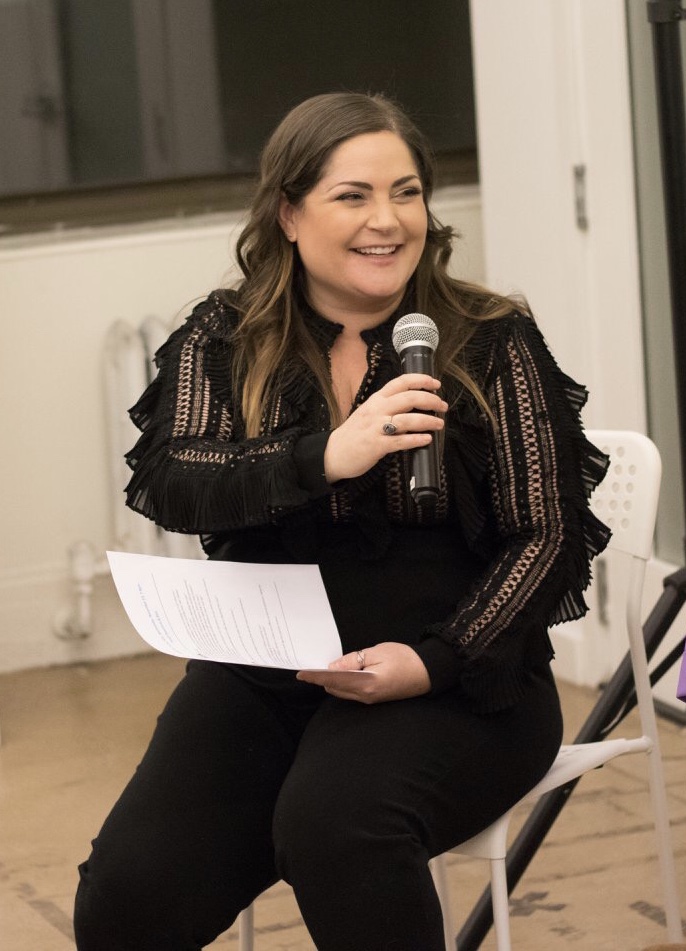
JESSY GROSSMAN
Founder of Women in Influencer Marketing and CEO of Tribe Monday
Jessy Grossman is a long time entrepreneur in the digital media space. She’s passionate about supporting women in business and being at the forefront of innovation. She’s been quoted in Forbes and was awarded a spot in the “Influencer Top 50” by Talking Influence. In less than two years she created one of the fastest growing talent agencies in the country. Amidst unprecedented growth, she sold the multi-six-figure agency and pivoted to focus on her long-time passion project: Women in Influencer Marketing (better known as WIIM). Founded in 2017, today WIIM is the premiere professional organization for those who work with influencers. The community offers networking and new business opportunities, career services, continuous education and more. Jessy also does consulting, advising and influencer marketing recruiting with her company Tribe Monday. You can find inspiring stories and more about Jessy on the WIIM Podcast. Check out iamwiim.com and tribemonday.com for more information.

